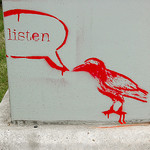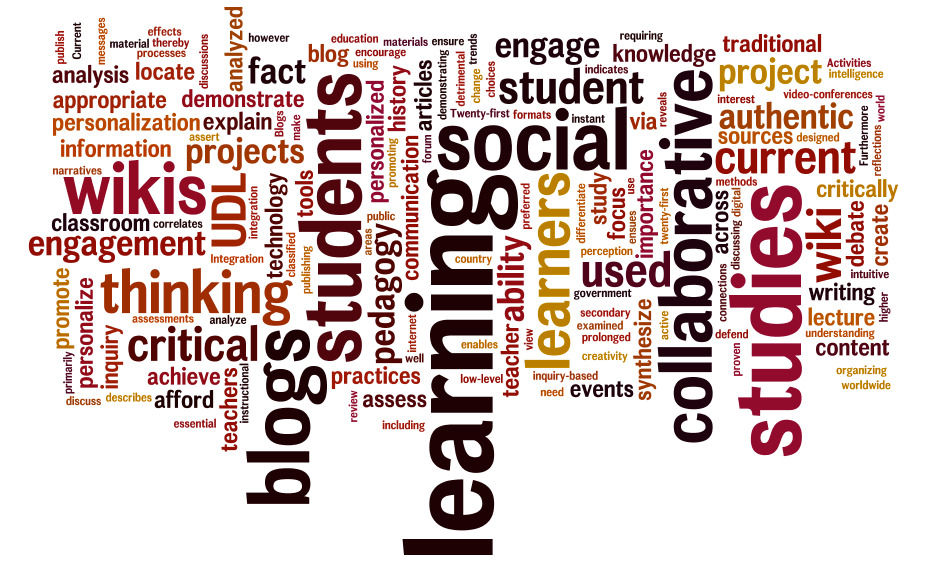 The new mission of schools should be to prepare children to work in jobs that do not exist, to solve problems that are not yet apparent, using technologies that are still to be invented, according to Professor Linda Darling-Hammond of Stanford University. That means equipping them with the ability to apply and reapply knowledge in inventive ways. In a nutshell: collaborative creativity should be at the heart of modern education, rather than the culture of compliance of schools in the industrial era.
The new mission of schools should be to prepare children to work in jobs that do not exist, to solve problems that are not yet apparent, using technologies that are still to be invented, according to Professor Linda Darling-Hammond of Stanford University. That means equipping them with the ability to apply and reapply knowledge in inventive ways. In a nutshell: collaborative creativity should be at the heart of modern education, rather than the culture of compliance of schools in the industrial era.
(Leadbeater, 2013, para. 14)
Blogs and wikis have the potential to alter the secondary social studies landscape. These Web 2.0 tools afford for twenty-first century skills of collaboration, creativity, critical thinking and communication. When social studies teachers approach blogs and wikis from a student-centred perspective, they will be utilizing a platform that inherently engages users, enabling students to connect with content and their peers in a meaningful learning environment. By applying universal design for learning (UDL) principles to their blogs and wikis, teachers will ensure accessible learning opportunities for all and will provide multiple opportunities to engage with content and construct knowledge.
Previously in ETEC 532, I completed a literature review examining examples of social studies wikis and blogs, as well as UDL in social studies. The literature review indicated blogs and wikis have the potential to enhance twenty-first century skills, while personalizing learning (Frye, Trathen, & Koppenhaver, 2010; Kiegman, 2010; Heafner & Friedman, 2008; Wilson, Wright, Inman, & Matherson, 2011). As well, blogs and wikis provide a medium to alter social studies pedagogy from a teacher-centred learning environment focused on fact memorization and recall, to a student-centred environment focused on higher order thinking skills of analysis, synthesis, application, evaluation and creation (Beck & Eno, 2012; Wilson, Wright, Inman, & Matherson, 2011). I did not find any studies applying UDL to blogs and wikis in social studies, however two studies examined UDL in social studies environments. Both studies found universal design for learning personalized the learning environment, engaged students in social studies, and allowed for authentic assessment (Bouck, Courtad, Heutsche, Okolo, & Englert, 2009; Meo, 2008). I believe by applying UDL to blogs and wikis in social studies, teachers will be able to create a personalized learning environment developing students into twenty-first century citizens. Please click here to read the literature review and annotated bibliography.
A visual representation of the key ideas in the literature review is found in the word cloud below.
 Proceed to Personalization of Learning.
Proceed to Personalization of Learning.
